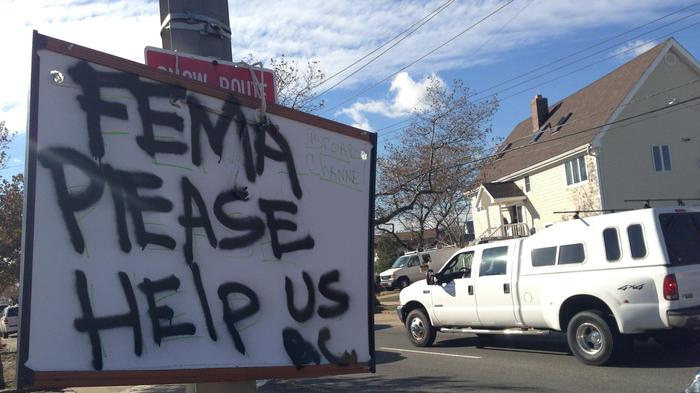
Overbreadth in UC Berkeley’s Free Speech Battle
By: Gianna Fienberg, L’19 The University of California at Berkeley is considered to be a bastion of free speech.[1] Berkeley started the Free Speech Movement in 1964, when students held a sit-in to protest restrictions on free speech at the University that prevented students from distributing flyers about major political issues, such as the Civil Rights Movement or the Vietnam War.[2] Today however, some conservatives … Continue reading Overbreadth in UC Berkeley’s Free Speech Battle




